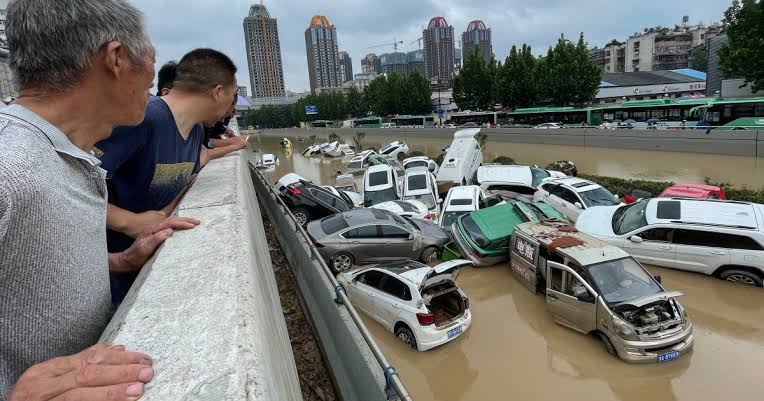
One genuinely heartening thing out there is the rate of vaccine uptake in NSW now.
At the rate we hit over the past week (7.6% took a first dose from 19 to 26 August), we should be about a week away from the point when 70% of the over-16 population has a first dose in them.
At the rate we hit over the past week (7.6% took a first dose from 19 to 26 August), we should be about a week away from the point when 70% of the over-16 population has a first dose in them.
That's obviously still at least a month away from double-dosed and with immunity built up, for even Pfizer. Longer for AstraZeneca given the longer gap between doses.
Still, people are rushing out to get the jabs once they've been made available to them in sufficient numbers.
Still, people are rushing out to get the jabs once they've been made available to them in sufficient numbers.
This is what makes the hectoring tone from government all the more infuriating. There doesn't look to be much hesitancy at this point from where I'm sitting.
If government had upheld its end of the bargain and provided sufficient doses to the people who need them we'd be in a much better place.
• • •
Missing some Tweet in this thread? You can try to
force a refresh









